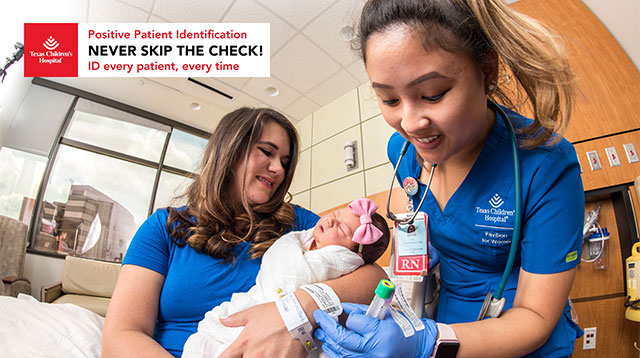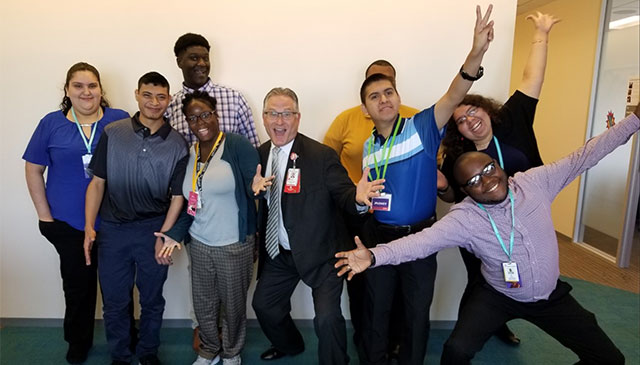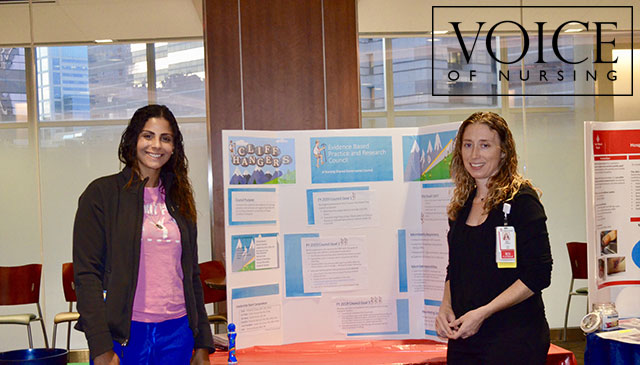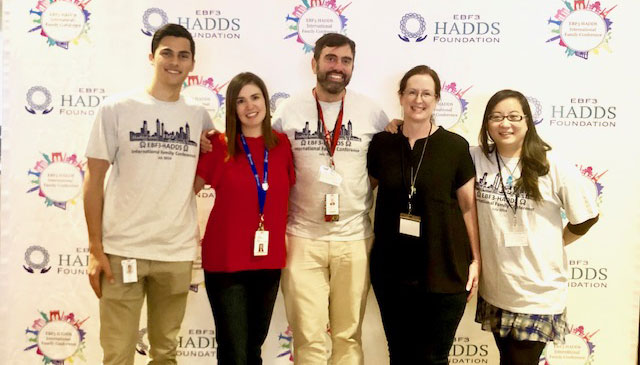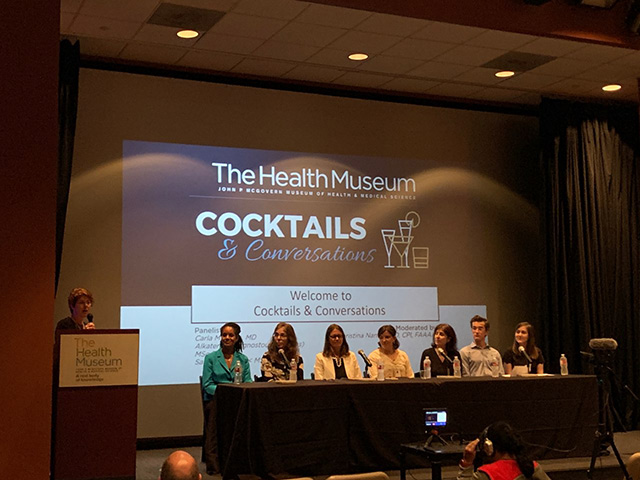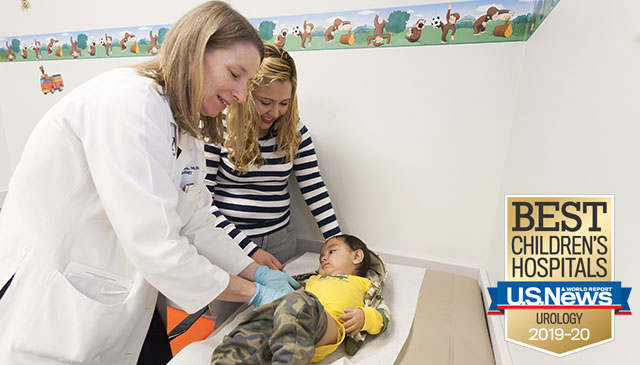
The Urology Division at Texas Children’s Hospital offers the most advanced surgical care for routine urological needs as well as complex genitourinary problems related to congenital birth defects, trauma and a range of other medical conditions. Our urologists have experience successfully carrying out to most extreme procedures on the most delicate patients. Those success rates are evident through nation-wide recognition.
For the first time, Texas Children’s is ranked in the top 10 in each of the U.S. News & World Report-recognized pediatric sub-specialties and this year Urology ranked No. 6.
“Now is the time to show that we can elevate to an even higher level of patient care and do even better than we already have,” Urology Chief of Service Dr. Paul Austin said. “We have to strive to be on the cutting edge of advancement and I envision our reputation factor only increasing further in urology.”
The U.S. News rankings uses an approach that analyzes quality of health care and patient outcomes data from thousands of medical institutions across the country. This includes measuring specialized clinics and programs, external accreditations and compliance with best practices. Improved rankings determine a health care organization’s commitment to not only providing high-quality care, but also to identifying gaps where improvements are needed.
“We’re not going to slow down when it comes to advancing in the areas where we have room for improvement,” Urology Physician Dr. Nicolette Janzen said. “We are going to continue to work toward providing the best care for our patients.”
Big wins for patients and families
This last year, Urology exceeded their yearly goals and executed additional initiatives to increase transparency, reduce risk of infection, and improve the quality of care.
- Exceed threshold for Percent revision surgery for pyeloplasty
Pyeloplasty is the surgical reconstruction of a portion of urinary drainage system. This is a procedure that has a national average success rate of over 90 percent. Our Urology team is trained to successfully carry out various approaches to pyeloplasty including robotic-assisted laparoscopic and open. Having this broad range of skill for this procedure ensures the ability to tailor the approach for every patient from babies to teenagers. - Significantly decreased unplanned hospital admissions for a urologic issue within 30 days of inpatient urological surgery
A patient may be re-admitted to the hospital for a urologic issue subsequent to a surgical procedure. Urology has been able to minimize this by analyzing the data from previously re-admitted patients, determining areas for improvement, and applying these improvements to future patients. One successful initiative has been the implementation of “Enhanced Recovery After Surgery” (ERAS). These are protocols for perioperative care pathways provided to advance practice providers (APP), physicians, and nurses as they work together to care for our patients. Lastly, making sure the patient families are educated on how to maintain the child’s health at home helps prevent re-admission. - Increased patient volume seen by a pediatric urologist in your Oncofertility program
Texas Children’s Cancer Center is one of the busiest centers nationally and is on the cutting edge of therapies for cancer patients. An important consideration as patients undergo chemotherapy and radiation therapy for various cancers is fertility preservation. Our urologists are committed to this endeavor. Through our partnership with Baylor College of Medicine (BCM), patients have access to extensive resources for fertility preservation and appropriate counseling. According to Janzen, improving the communication between all services involved with these families has helped to improve access to fertility preservation services. - Have closed out 70 percent of gaps
Gap closure is the result of successful yearly strategies that improves quality outcomes. One of those objectives focuses on preventing infections, more specifically as it relates to Catheter Associated Urinary Tract Infection. Urology’s prevention of gaps in care is a combined effort with the hospital’s system-wide infection control initiatives as we work tirelessly to provide high quality care to our patients.
Click here to learn more about our Urology services at Texas Children’s Hospital.


